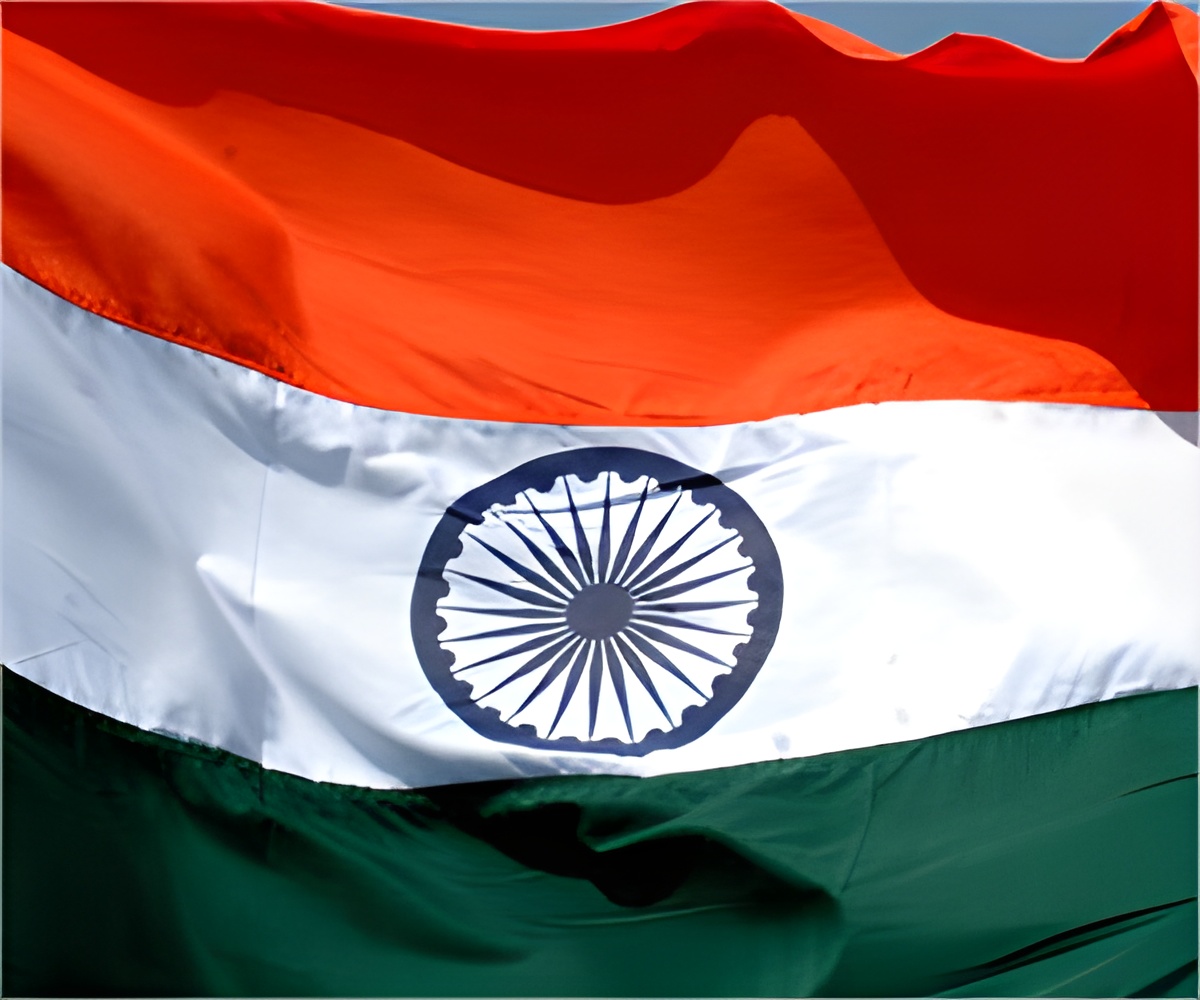Under the Prime Minister Narendra Modi's leadership, the Swachh Bharat Mission (Clean India Programme) is coordinating action across many sectors to ensure basic sanitation rapidly reaches and improves the lives of millions, the WHO said in a statement.

‘Sanitation is a fundamental foundation of human health and development and underpins the core mission of WHO and ministries of health worldwide. ’





Worldwide, 2.3 billion people lack basic sanitation, with almost half forced to defecate in the open. They are among the 4.5 billion without access to safely managed sanitation services -- in other words a toilet connected to a sewer or pit or septic tank that treats human waste.
"Without proper access, millions of people the world over are deprived of the dignity, safety and convenience of a decent toilet," said Soumya Swaminathan, Deputy Director-General for Programmes, WHO.
"WHO's Sanitation and Health Guidelines are essential to securing health and wellbeing for everyone, everywhere," she added.
The new guidelines recommend that sanitation interventions should ensure entire communities have access to toilets that safely contain excreta.
Advertisement
Further, the WHO said sanitation should be integrated into regular local government-led planning and service provision to avert the higher costs associated with retrofitting sanitation and to ensure sustainability.
Adopting these, countries can significantly reduce the 829,000 annual diarrhoeal deaths due to unsafe water, sanitation and hygiene, said the WHO.
Besides India, Senegal in Africa also recognises the role of pit latrines and septic tanks in ensuring services for all, the global health body said.
Source-IANS









